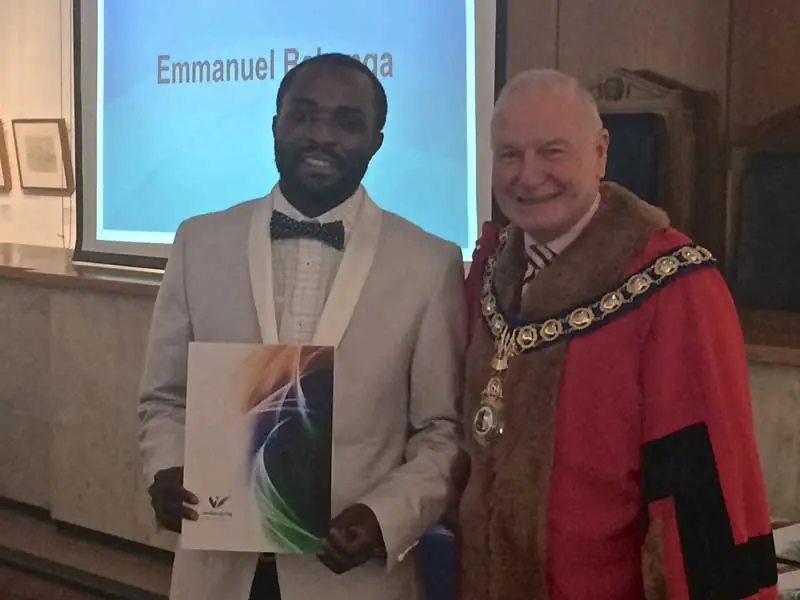
Emmanuel Bakenga arrived in Australia on December 4th 2012, after living in a refugee camp in Uganda for seven years and escaping war within his home of the Democratic Republic of the Congo (DRC). In 2013, after many months of struggling to afford to live and constant rejection from employers due to his temporary visa, Emmanuel heard about Green Connect…
What did your life look like in the DRC?
I did a bachelor degree in social science and also a degree in theology. I worked as a social worker, but with the church. We had an orphanage because there were a lot of children who had lost their parents’ in the war. And the church started this charity which I was a part of, to see if we can get support to get these children off the street and send them to school. And I was leading that project by then.
So when I came here I started a charity called, Bakenga Empathy, to see if we can sponsor some of those children over there. The reason why I called it Bakenga Empathy is because my father and my mum, they had a heart for the needy. My father was rich and they spent a lot of money helping people. But I actually didn’t know, cause I was just a kid, going to school.
And then when they died in the war, I was meeting people who came to me and said, ‘Your father and your mum were great people. My children went to school because of them, they were paying the school fees for my children.’ I met a lot of boys, they were orphans. But they finished school because my parents paid for them. I never knew all of that. So I found out that they left a legacy, that needs to be continued and so that’s why I started Bakenga Empathy.
When you arrived in Australia, did you immediately move to Wollongong?
Yes I came straight to the Illawarra, specifically Lake Heights in Wollongong. That was my very first place.
Refugees don’t make choices of where they’re going, you just get papers telling you, this is where you’re going, and you just go there. But when I got here I actually loved it and I never think of moving out of Wollongong. Most of my friend’s have left, but I just find it hard to leave.
What do you like about Wollongong?
I think that Wollongong is a very welcoming community, very welcoming. And there is not much racism in Wollongong. You know I’ve travelled to other states and visited other communities, and every time I come back, I feel like this place is much better. I just love it.
And I love the beaches as well! Where I come from in the Congo, I was born near the lake. So being near the lake as well is something I like very much!
Tell me a little bit about yourself- who are you outside of Green Connect?
Outside of Green Connect, I work with the church as a Pastor and within the church community I coordinate the food pantry in Helensburgh. That’s actually helping people with a low income. I also coordinate the soup kitchen here in Port Kembla, which started a few months ago and we feed 65 people every Friday.
When did you start working with Green Connect?
I started working with Green Connect in 2013. I came with a temporary visa, which actually you can’t get Centrelink, you can’t study, you’re on your own. So with that visa I tried to apply for jobs in different places. They look at it and say, we can’t employ you. You’re a temporary resident. So I struggled to be employed around here. And also my English was very limited.
And then I found out that Green Connect is here, employing refugees and young people, so immediately I went to Green Connect. I was employed to start working in labour hire.
After a while I became one of the supervisors, helping Green Connect to work with the refugees. And then after one year, I was employed to join the management team in the office and work as a support worker and coordinate a few volunteers here. So it’s been four years since I’ve been sitting at this desk.
How do you feel knowing you’re helping refugees who are in the same situation to what you’ve been in before?
For me it’s very fulfilling because they’re one of the most struggling people. It’s so hard to live in a country where English is not your language, where your qualifications may not be recognised. Where you’re starting life afresh. Everything is very strange to you. And I just want to be that person to someone that I didn’t have. I want to be that person who can help someone else who is struggling starting a new life in Australia.
That’s the goal of my job, to see if people can become more independent, more employable and just understand the system so they can go and do whatever they want to do.
What’s the best thing about working for Green Connect?
It’s the people you work with. For me it isn’t like a workforce, it’s like a family. We support each other, you’re 100% sure you’re going to get the support you need. People care for each other. I think that’s why I’m still here, I work part-time, but why have I not gone somewhere else? Because I think, it’s not about the money. It’s about how happy you are about what you’re doing and the people you’re doing it with.
What do you envisage for the future of Green Connect?
I would like to see Green Connect grow to a point where they can go to my country and do the same thing. So basically, maybe Green Connect can influence the world. What we’re doing here, it could influence other people around the world to do the same thing.
In July 2019 Emmanuel became Green Connect’s first ambassador. Although he no longer works with us day to day he is heavily invested in our future and our growth and will always be a part of the Green Connect family.
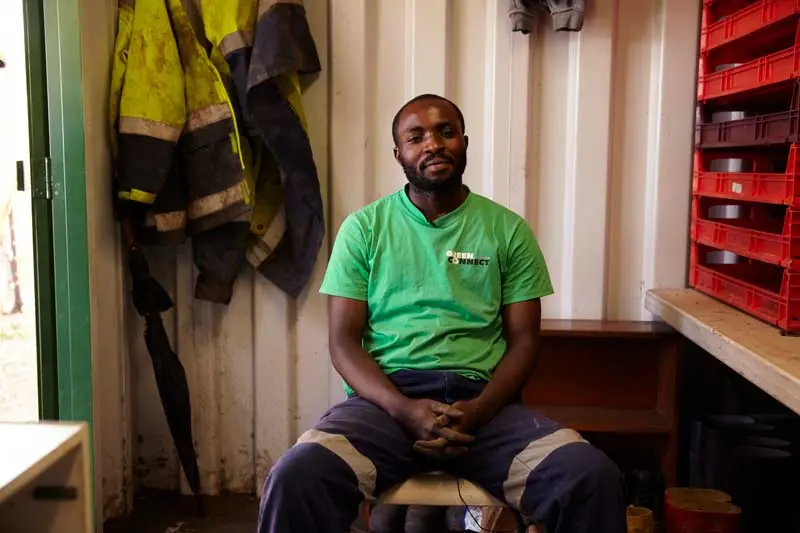
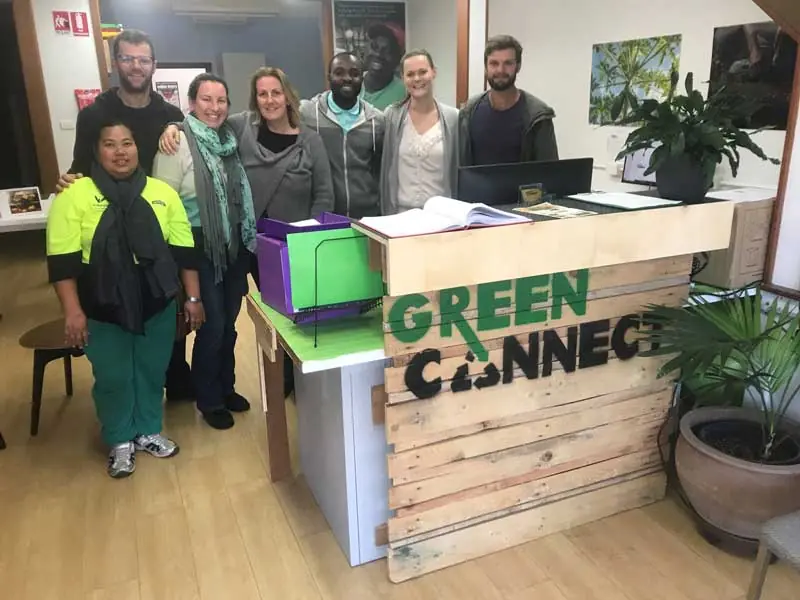
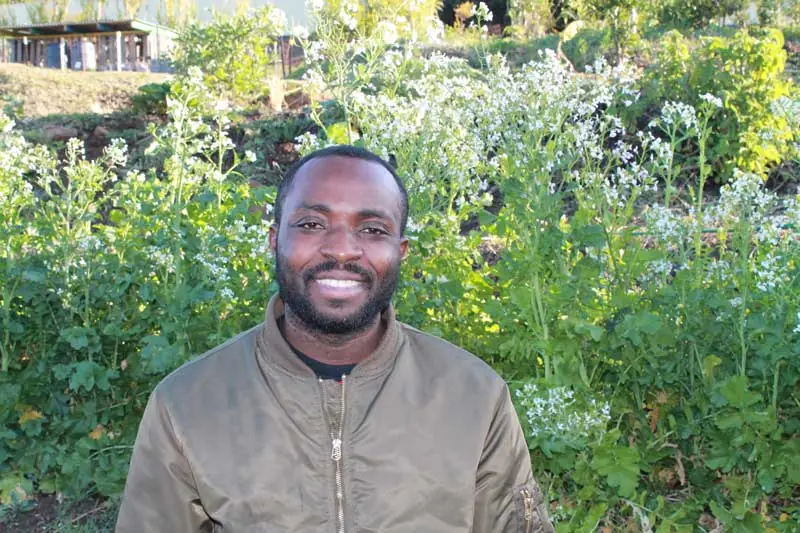



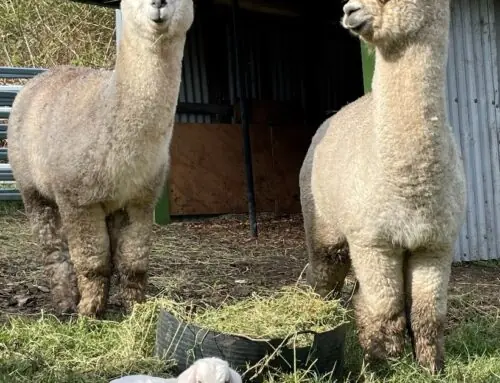
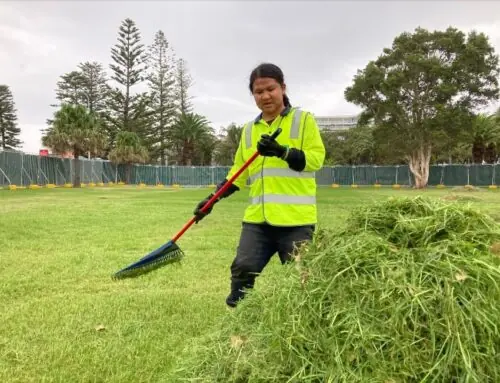
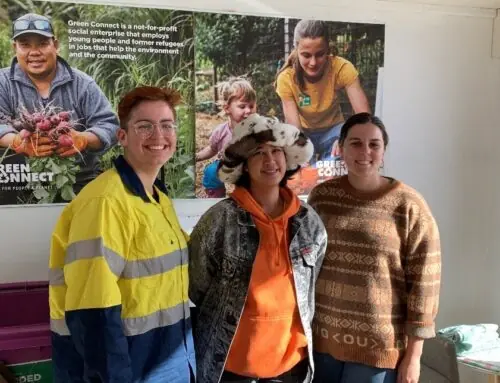
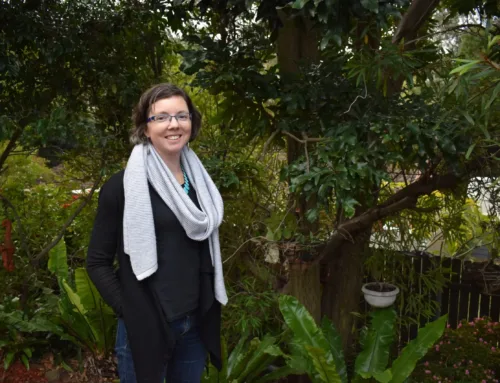
Leave A Comment
You must be logged in to post a comment.